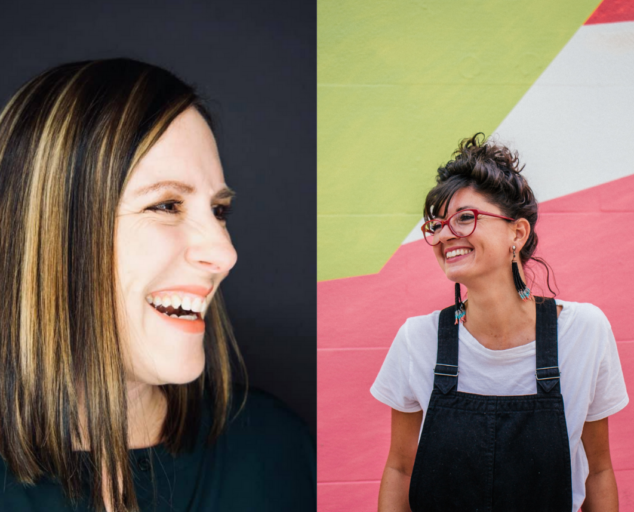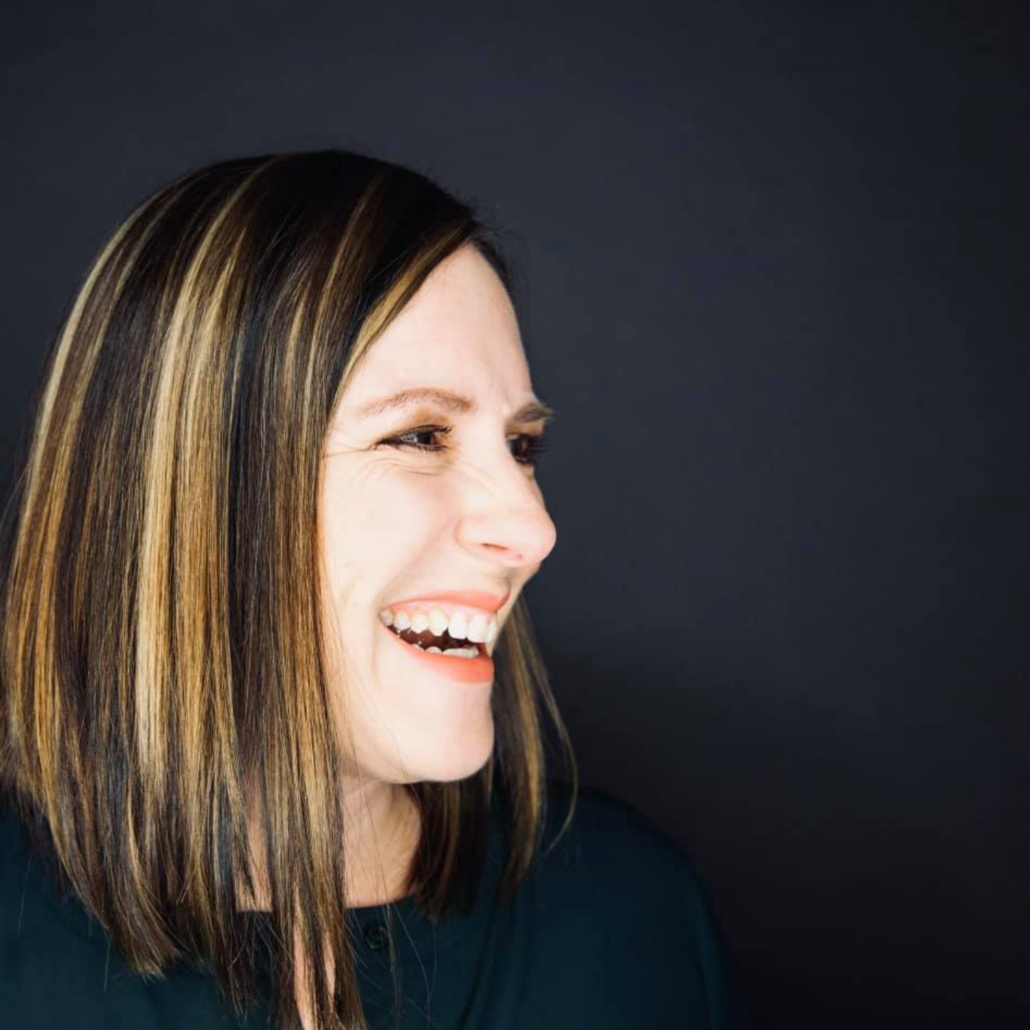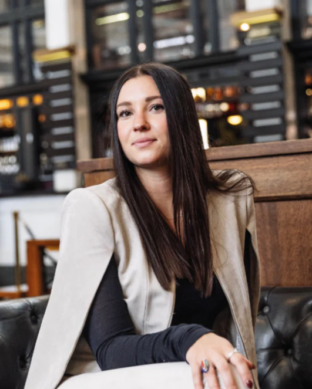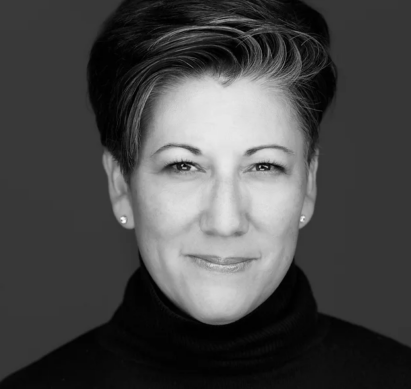Creative Possibilitarian Interviews A Leadership Expert

“It wasn’t until I separated my failure from my identity that I actually could face failure head-on and even be proud of it.” – Amy Savage
We asked our favorite creative possibilitarian, Emily Hope Dobkin, to have a candid conversation with one person she admires. The options were limitless, especially considering Emily is the founder of Betterish and The Meet Cart. Both companies create community connections through creative experiences. She is also named a “people person extraordinaire” by Denver Westword—in addition to being dubbed as a bridge-builder, a connector, a joiner, and a gracious/kind/fun human being (we can attest). The point is—she knows people.
So, who did Emily select?
No other than the country’s top Leadership Expert Amy Savage of Flashpoint Leadership, who is sought after by leading Fortune 100 executives for her work around transformational leadership experiences.
The duo recently met in preparation for TARRA’s nearly sold-out event—Cultivating Curiosity: An Evening of Celebrating Failure & Anti-Networking—on January 27. Both Emily and Amy will join forces to lead an interactive 2-hour virtual event of creative anti-networking, celebrating failure and guiding participants to start the new year with a fresh frame of mind.
Emily Hope Dobkin: First of all, can you tell us how you became an expert on failure?
Amy Savage: By practicing! Over and over again. You know the statistic that says it takes 10,000 hours of practice to master something? Well, I definitely have applied at least that much time to failing over the course of my life; thus, my title of failure expert. But honestly, failure used to completely derail me and send me down a shame spiral. It wasn’t until I separated my failure from my identity that I actually could face failure head-on and even be proud of it!
EHD: Do you think there are personality traits or similarities you’ve noticed in great leaders?
AS: Absolutely! I think the most important one is that great leaders leave their egos at the door. They know their primary role is to develop, support and champion the people on their team, creating a safe place for people to bring their best and whole selves to work. True leaders know it’s not about them, and yet, they recognize that their behavior and actions matter and have impact. I’ve also observed that the best leaders are open and curious (rather than defensive), and they also exercise empathy at every turn. At the end of the day, leaders are only as strong as their relationships with others!
EHD: I consider myself a possibilitarian and thrive on exploring the potential of all things. What new things — hobbies, goals, places, people — are you exploring this year?
AS: During Covid I have been mastering the art of a kick-butt charcuterie board! It has been so fun to experiment with—you literally can’t screw it up! Along the lines of amazing cheese, olives and bread, I’m also looking forward to getting lost in remote corners of Italy this summer with my daughter who is graduating from high school this year!
In terms of personal goals, I am being more intentional to follow and support Black female leaders. My commitment this year is to grow in my understanding of what being a true anti-racist is, and I know that in order to do that, I need to listen, unlearn and relearn from the Black community.
EHD: What’s the worst thing you’ve ever said/done in a professional setting, a scene that plays out over and over again in your head even if it happened years ago?
AS: Oh my goodness. I don’t even have to give this any thought—it comes to mind right away. I was facilitating a leadership session for about 20 people from different organizations and I specifically called out a participant and asked them to read a few paragraphs out loud from the book that everyone had a copy of. It turned out this person was dyslexic and felt humiliated as they accommodated my request. I have never made that mistake again. Now, I always ask for volunteers to read and never call someone out like that. I think that mistake stuck with me the most because I caused someone pain, regardless of my intentions.
EHD: The worst thing I’ve ever said or done in a professional setting actually rests in all the things I have not said or done. Which leads me to this pathetic scene that occasional plays out in my head. I used to run public programs for a small museum that was growing in amazing ways. I was proud to be part of that growth that allowed me to constantly take creative risks, but with growth comes frequent shifts and changes. I went along with internal structures that were changing rapidly without voicing my honest thoughts and concerns. This happened one too many times, and one day after a staff meeting, I completely lost it and just bawled my eyes out for a good 30-40 minutes—among pedestals, mannequins, fancy frames, dusty historical artifacts, colorful yarn balls and giant tissue paper flowers. It was a big moment of realizing the work I was doing was not aligning with my values, and I couldn’t bottle things up any longer just to please and satisfy my colleagues. Out of that, I learned to be more direct in my communications.
EHD: What is your most persistent internal dialogue and why?
AS: I think I battle imposter syndrome most frequently. ‘Who am I to be standing in front of these leaders as an expert when they have more experience, more education, more titles than I do?’ But I had an aha moment several years ago. I don’t do this work to look good or to feel better about myself. I do this work to be in service to others. To make a difference for THEM. I have to constantly remind myself that I have something unique and important to offer those I serve, just as each of you do. Even if I only make a difference for 5 out of the 20 people in the room, I’ve made a difference for the ones who were ready, and that matters.
EHD: What should you compromise and what should you never compromise?
AS: Never, ever compromise on your personal values. Laying your head on your pillow at night knowing you were true to yourself and what is important to you is worth leaving some people feeling disappointed. Trust me. I’m a recovering people pleaser and this has been one of the most radical shifts of my life. In terms of what to compromise on? Bedtimes, dinner, movies, who’s going to drive, what playlist you listen to, who helps the kids with their homework, whether the toilet paper roll gets pulled from the top or the bottom. Basically, anything that doesn’t compromise your personal values.





